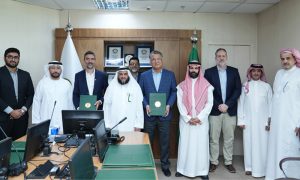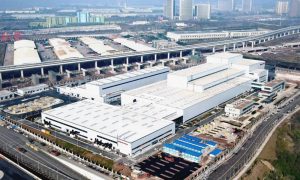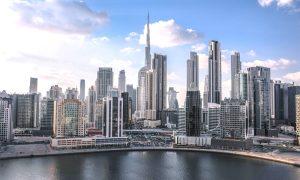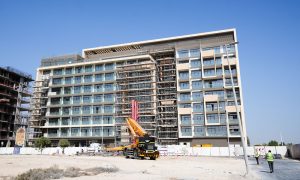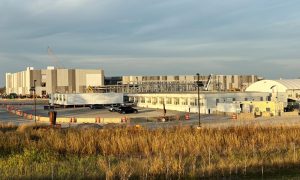Middle East shows 24-fold increase in WELL adoption
The Push for higher accreditation in the UAE is being led by the Prime Minister’s office – the world’s first WELL-Certified government department

The Middle East is leading the charge in driving growth and adoption of the WELL Building Standard (WELL) globally, with a 24-fold increase in adoption over the last 19 months, a feat recently confirmed by the International WELL Building Institute (IWBI). As the global authority for driving market transformation toward healthy buildings, organisations and communities, IWBI is the leading force behind the WELL movement.
According to IWBI, WELL has been adopted throughout the Middle East by projects in sectors ranging from regional public sector, educational and governmental entities to real estate developers, financial institutions and management companies.
To date, more than 500m sqft of real estate projects are enrolled in WELL programmes across 16 countries, including UAE, Afghanistan, Bahrain, Iran, Iraq, Israel, Jordan, Kuwait, Lebanon, Oman, Palestine, Qatar, Saudi Arabia, Syria, Turkey and Yemen – representing a doubling in the number of countries represented.
“Ever since the WELL Standard first took hold in the Middle East, we have seen incredible increases in demand year-over-year for WELL’s evidence-based strategies that support the physical and mental health of organisations’ most valuable asset – people. The commitments made by companies and public sector organisations across the region to prioritise the health, safety and well-being of their people is an inspiration to us all and demonstrates outstanding leadership, while proving that investments in health strategies can spark enhanced performance and increased financial returns,” said IWBI Founder Paul Scialla.
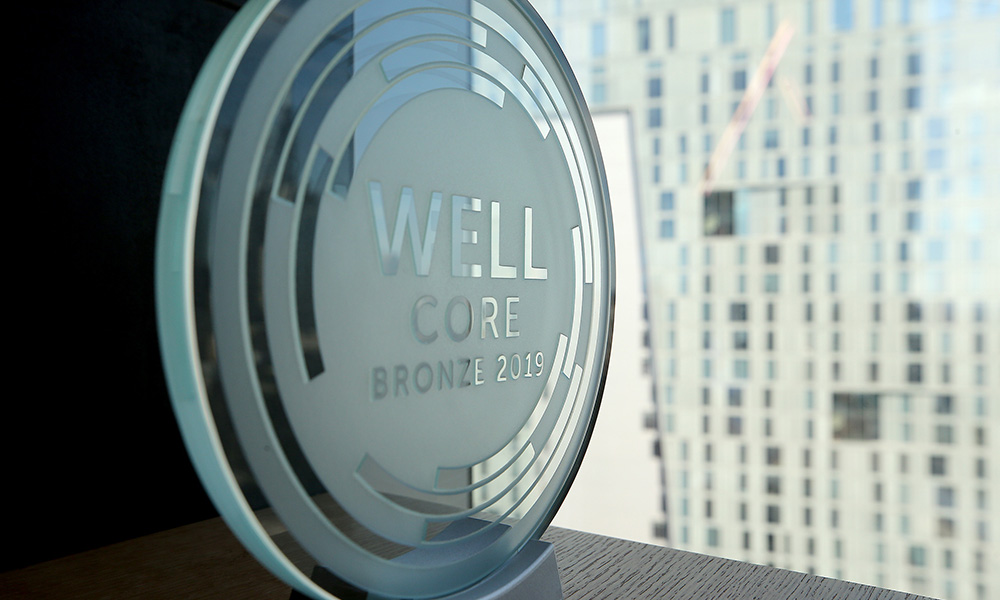
A WELL Core award sits on display on the 17th floor of the FMC Tower at Cira Centre South in Philadelphia, Pa. on February 17, 2021. The building has a WELL “healthy” building certification, which rates buildings on air, water, light, movement, thermal comfort, sounds, and materials.
The recent uptake in the Middle East has contributed to overall WELL adoption, which now stands at more than 42,000 projects, encompassing nearly 4.8b sqft of real estate in 127 countries.
In particular, the WELL Health-Safety Rating, a framework for driving resilience into the centre of business policies and operational plans through facility operations and management, has sparked considerable demand across the region – a demand being led by the UAE. For example, in a public sector-leading push, the UAE Prime Minister’s Office has achieved the WELL Health-Safety Rating for its Dubai office, according to IWBI.
This follows the office’s achievement of WELL Certification at the Platinum level, the first in the region to be certified through IWBI’s WELL v2 pilot and the first WELL Certified government ministry office in the world.












